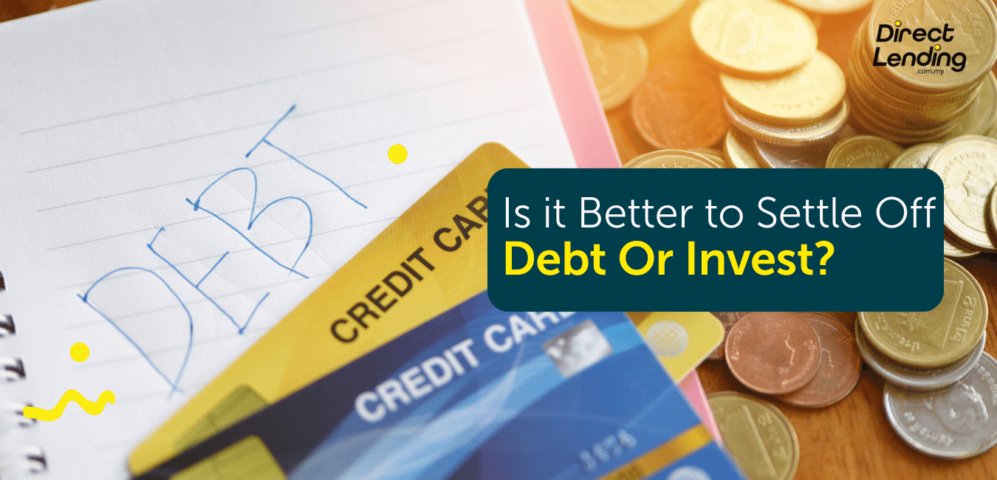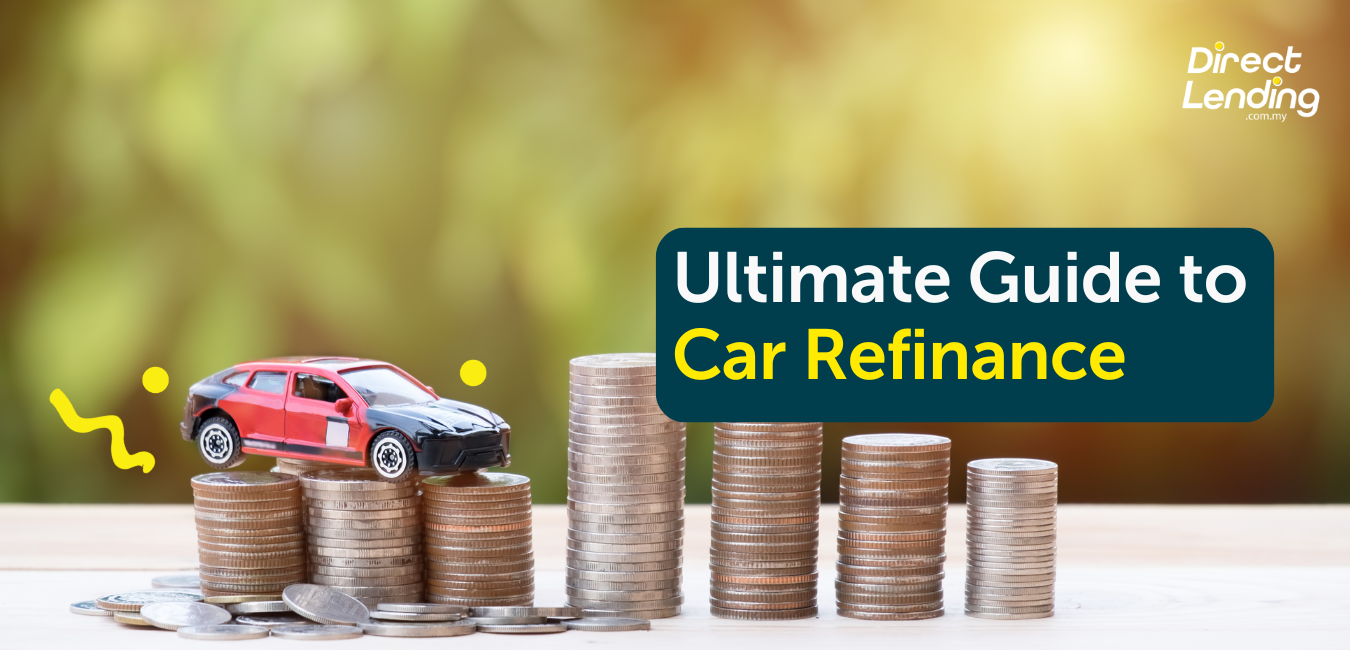By Mandy
Marketing
Is it Better to Pay Debt or Invest?

Ever wondered whether it's smarter to pay off what you owe or invest your money? The question is simple, but it requires careful thinking. Before giving your answer, let us look at the fundamental difference between the two. Debt is a liability, while investment is an asset. If you have outstanding debts, you honour them by making prompt payments. You also maintain good standing and access to credit.
How to Determine Your Priority
It's a question that puzzles many of us. Should you focus on getting rid of your debts first or try your luck in investments that might bring in some extra cash? We'll take a closer look at the factors involved, the good and not-so-good sides of each choice, and guide you in figuring out what makes sense for your wallet. Whether you're dreaming of a debt-free life or considering the benefits of smart investing, we're here to help you make sense of this money puzzle and understand which one should you prioritise.
Cash Outflow
Many Malaysians today accumulate debt through credit cards. Whenever you use your credit card, you are obtaining a loan. You are forward spending and payments will come from your future earnings. But as a borrower, you must repay the loan.
Whether it is a credit card balance, personal loan or any other type of loan, you pay the principal plus the interest until the full payment of the entire balance. Debt becomes a burden when it adds up to your expenses. You dip into your savings or take on new loans to make ends meet.
Debt is cash outflow, but not all debt is bad. Good debt is when you borrow to get something of value in exchange. So to avoid debt problems, establish your real purpose of obtaining a loan.
Money Inflow
You will not grow your money substantially if you keep saving cash but not investing. People with long term financial goals invest in income producing assets to secure their financial future or build a nest egg for retirement.
By investing in dividend stocks, for example, you create passive income from the dividends. There is potential gain from a stock price appreciation as well. Let’s assume you have RM10,000 savings and invest in a blue-chip stock that pays 4% annual dividend.
Your investment will earn RM400 a year or a passive income of RM33.33 monthly. If you keep reinvesting the dividends, the compounding effect will result in a higher overall return.
Thus, investing is letting your money work for you to receive future gains. When you have every chance to save, do it to have more funds for investment. Receiving a steady income stream or money flow is better than spending on things that will not bring your money back.
Common Purpose
Debt and investment can have a common purpose. You can mix both if you realise an identical end game objective. Borrowing to purchase stocks or invest in mutual funds will have the same result of generating income.
The message is clear. As much as possible, avoid borrowing if you will use the money to purchase depreciating assets. It will not improve your financial well being or whatsoever.
Combining debt with investment is not the perfect mix but emphasises the difference between good and bad debt.
Final Answer
In summary, debt is the act of borrowing money with a promise to pay back within a given period. Investing is the act of using your money to make money in the form of interest, dividends or other gains from the appreciation of the investment product.
When deciding on whether to pay off debt or invest, compare the interest you are paying on the loan with the potential rate of return on your investment. If the return on your prospective investment is higher than the interest rate on your debt, consider investing.
Otherwise, you should prioritise paying off your debt. Every time you lower your loan balance, the burden and stress lessen. When you are debt free, you can save more and have more capital for future investments. Your ultimate goal should be to build wealth and achieve financial freedom once and for all.
This article is prepared by Direct Lending, an online personal lending platform with the mission to provide simple, safe and affordable financing to all hardworking adults. We help borrowers to find, apply and receive financing that most suit them. Our service is 100% free.
Follow us on our blog & Facebook page as we share more useful personal finance tips.
About the writer
Mandy
An ex-banker, digital marketer, and masters graduate from University of Coventry. Mandy enjoys filling in the gaps of financial literacy by transforming ‘dry’ financial topics into ‘digestible’ articles. She did a lot of ballet growing up and is always on the hunt for the best deals online.



